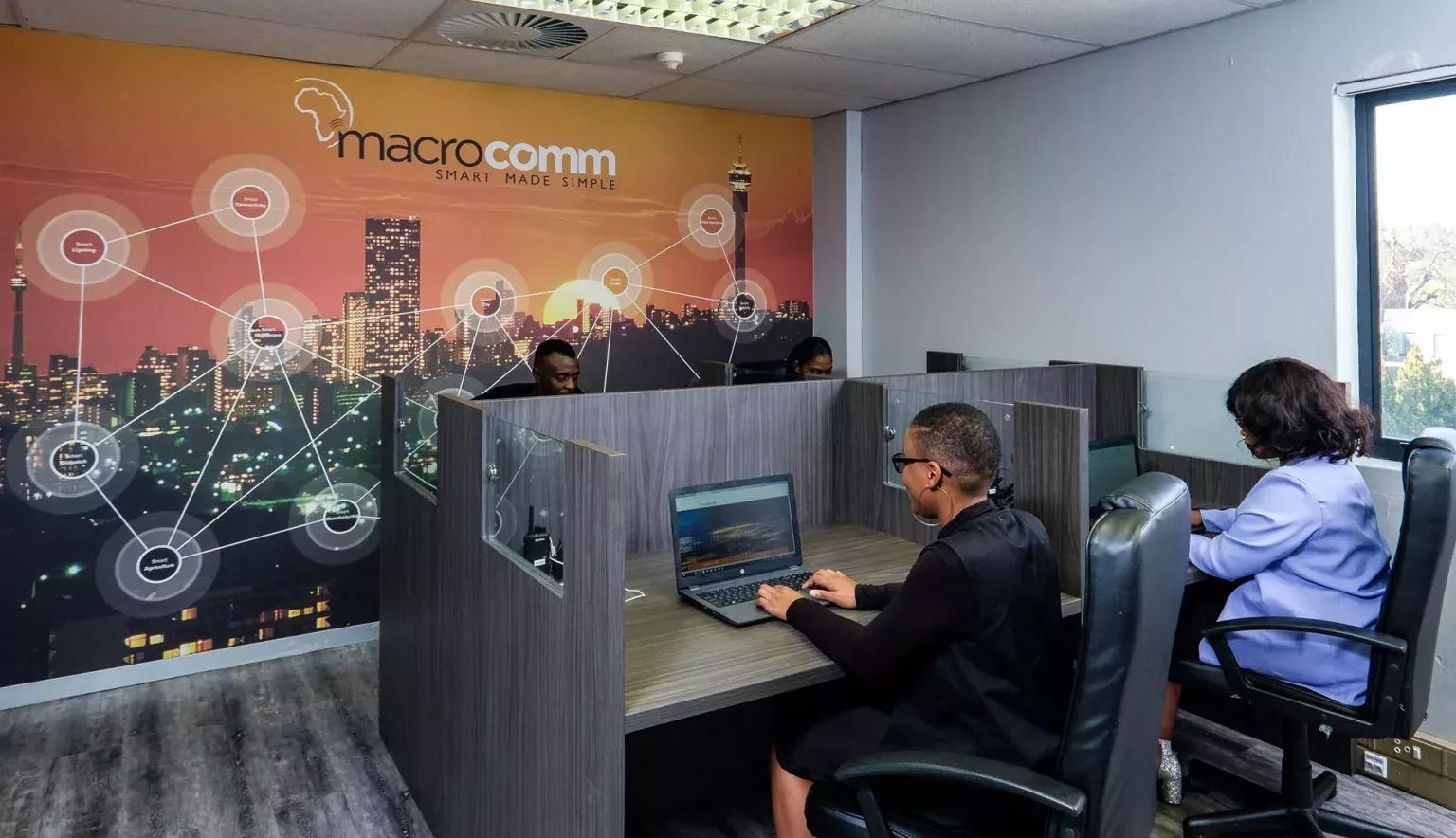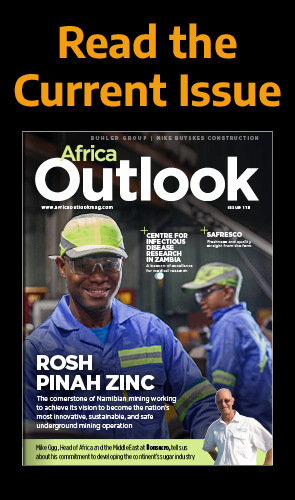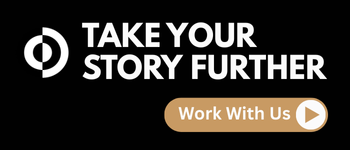Through its specialised Fleet Analytics division, Macrocomm is empowering fleet operators with invaluable insight into their daily transportation operations.
DRIVEN BY DATA
Data, as is widely accepted, has become the world’s most abundant and arguably valuable commodity.
Today, we talk about data volumes in quantities most have never heard of, with one zettabyte equating to around a trillion gigabytes, and the numbers continuously growing.
At the end of 2018, the International Data Corporation (IDC) predicted some 33 zettabytes of data made up what is now commonly called the world’s ‘datasphere’, a body of information which IDC believes will expand to 175 zettabytes by as early as 2025.
This translates into an average annual rise of more than 61 percent.
Interestingly, by 2025 some 90 zettabytes of data will be created on IoT devices, while nearly a third of all data generated will be consumed in real time.
Such is its universal usefulness, data is commonly dubbed the new oil.
In a transportation context, it has the power to transform the fortunes of enterprises reliant on fleets of vehicles moving on roads daily. So much so, the gathering, analysing and presenting of such data – known as fleet analytics – is now recognised as a profession in its own right.
Enter South Africa’s Macrocomm.
A Level 1 Broad-Based Black Economic Empowerment entity established in 2005, the firm helps organisations address critical technological challenges through a comprehensive portfolio of products and services.
Their mission is to become a leader in smart solutions across Southern Africa, developing and deploying turnkey solutions that automate communications between central systems and remote devices.
The organisation is led by CEO, Sivi Moodley, an active entrepreneur for over three decades. Sivi Moodley sees smart technology as a critical enabler in a dynamic albeit challenging South African business environment.
“I’ve led and managed medium to large businesses predominantly in the mobile networks, retail, property, IT and Internet of Things (IoT) arenas,” he says.
“My goal has been to guide Macrocomm in becoming a leading supplier of smart solutions to large corporates in our country, and given my extensive international travels, I strategically lead the Macrocomm team in line with international best practices.”
In order to help achieve their mission, the company launched Macrocomm Fleet Analytics (MFA), a division dedicated to leveraging their expertise in AI, IoT and Industry 4.0 space in order to serve clients operating fleets of vehicles.
“There are many challenges facing South African businesses in a dynamic environment,” Moodley adds. “Therefore, I believe that technology is an enabler to address these challenges and best access opportunities to build the country.”
“We believe that technology is a means to drive economic growth in South Africa, and that is one of the main reasons I originally entered the technology space.”
Macrocomm Fleet Analytics is the latest vehicle through which Moodley and the company are looking to bring South African organisations into the fourth industrial revolution (4IR) era.
Many transportation-focused enterprises may be daunted by the prospect of evolving beyond what might be simple telematics systems. The CEO explains the basic premise of Macrocomms’s new division, a business helping clients to bridge the data gap.
“This division is specifically focused on providing valuable and useful information to fleet operators by capturing data, analysing it using unique algorithms and feeding the end results back to the operator via a simple dashboard,” he says.
“What makes the MFA system unique is that it also feeds back the costs of the operation and, very importantly, the cost of any deviations from the norm. Another critical element is that the dashboard can be customised to suit an individual client’s needs.”
“For example, particular risk areas can be highlighted, including speeding, acceleration, deceleration, cornering and after-hours travel, while the number of variables measured can also be increased or decreased as and when required.”
Moodley also refers to the information overload scenario, something which MFA’s platform removes by analysing and presenting data in a coherent, concise and cost-centric way, and avoiding what the CEO refers to as analysis paralysis syndrome.
Crucially, MFA’s system can integrate with data from any telematics provider, meaning clients can keep their existing systems should they wish, and that any fleet operator can adopt the MFA dashboard.
The result is that customers will be able to find answers to important questions. How much is excessive idling costing your organisation?
Do you know what errant driver behaviour is costing you? Can you compare different driver patterns to find an optimum resolution? What is your total, accurate daily fleet running cost covering everything from maintenance and depreciation to fuel consumption?
Moodley’s key message is that, with MFA, all of these vital questions can be answered.
The successful establishment of this specialised division will only serve to futureproof both clients across South Africa, as well as Macrocromm itself.
The company is looking ahead to a brighter next chapter, which they hope will see more and more enterprises harness the power of fleet analytics.
This ties in neatly to Moodley’s concluding statement, the CEO finishing off by outlining what he believes is the essential ingredient to a successful business.
He says: “A successful business is one that is able to adapt to changing environments and understand the dynamics of the country and the world, taking into account changing technologies to best enable companies to achieve their goals.”
































